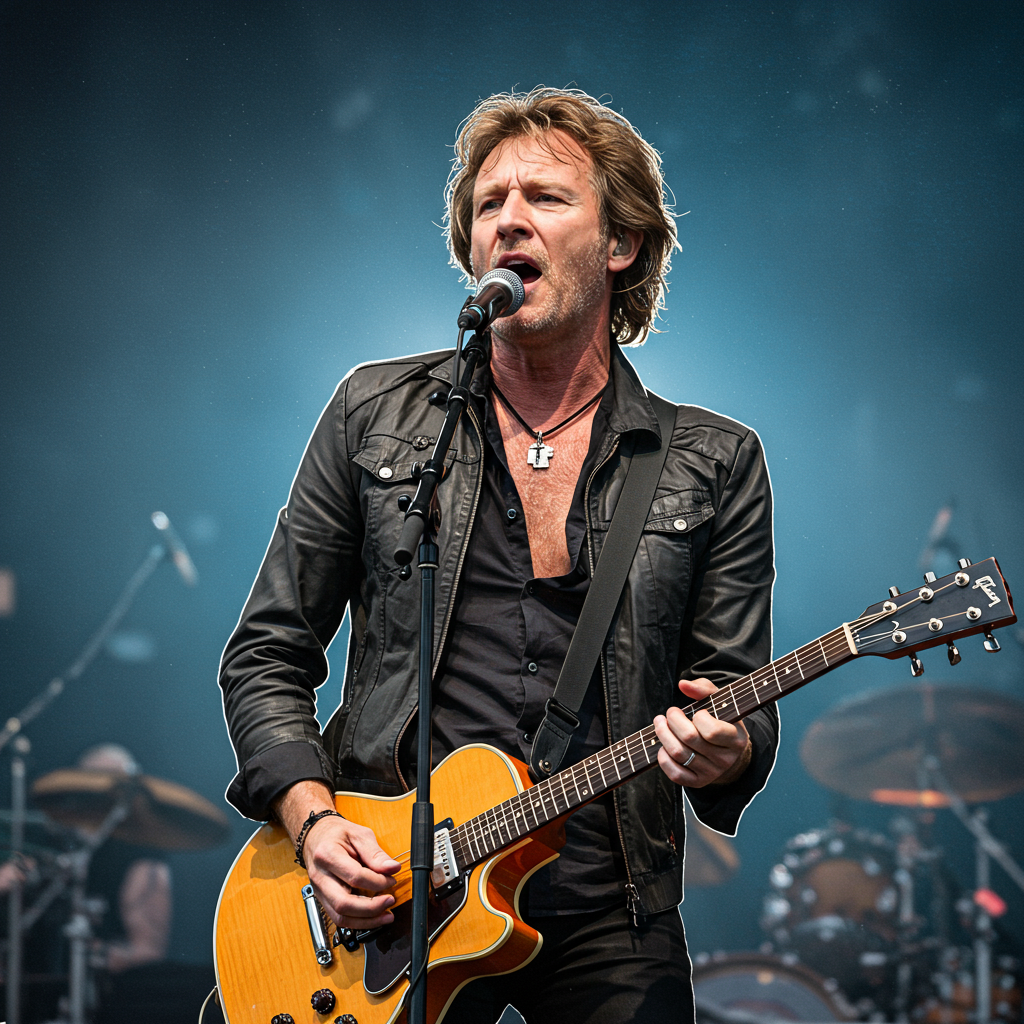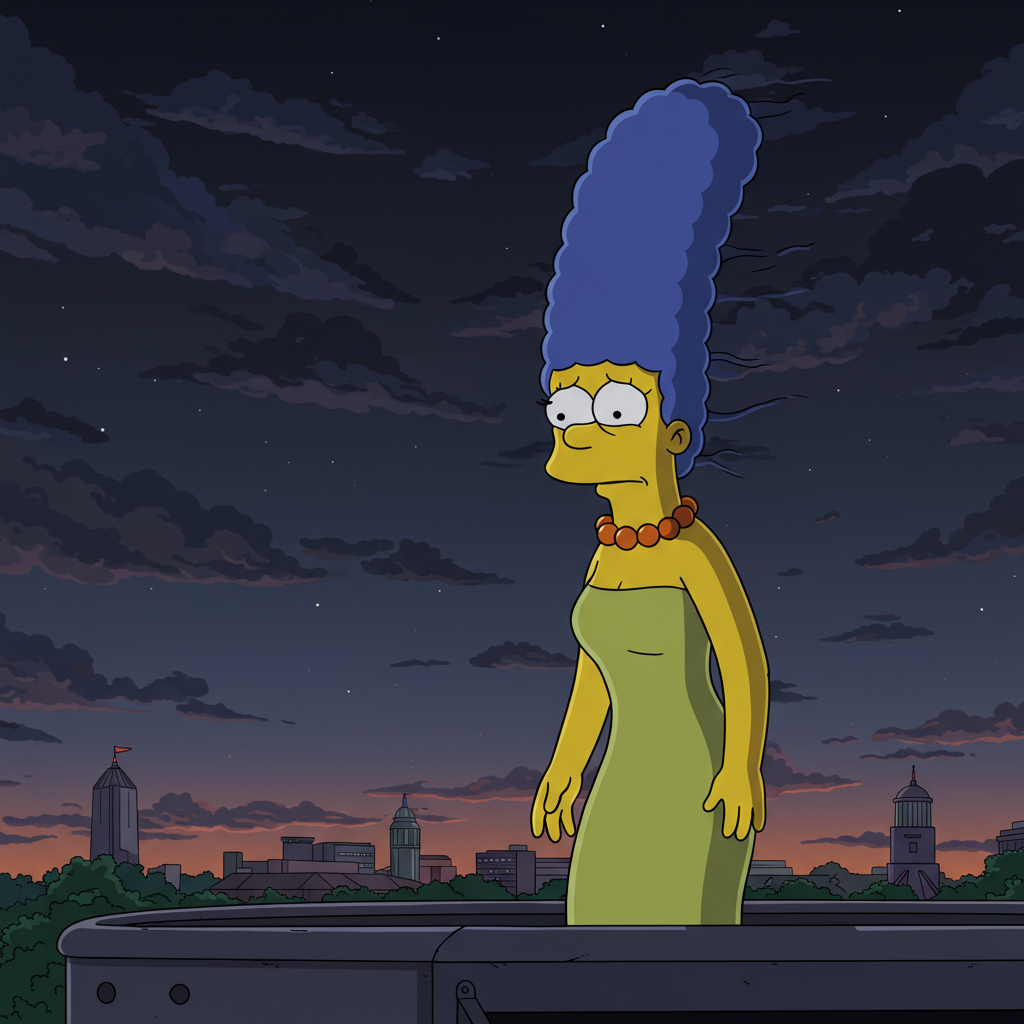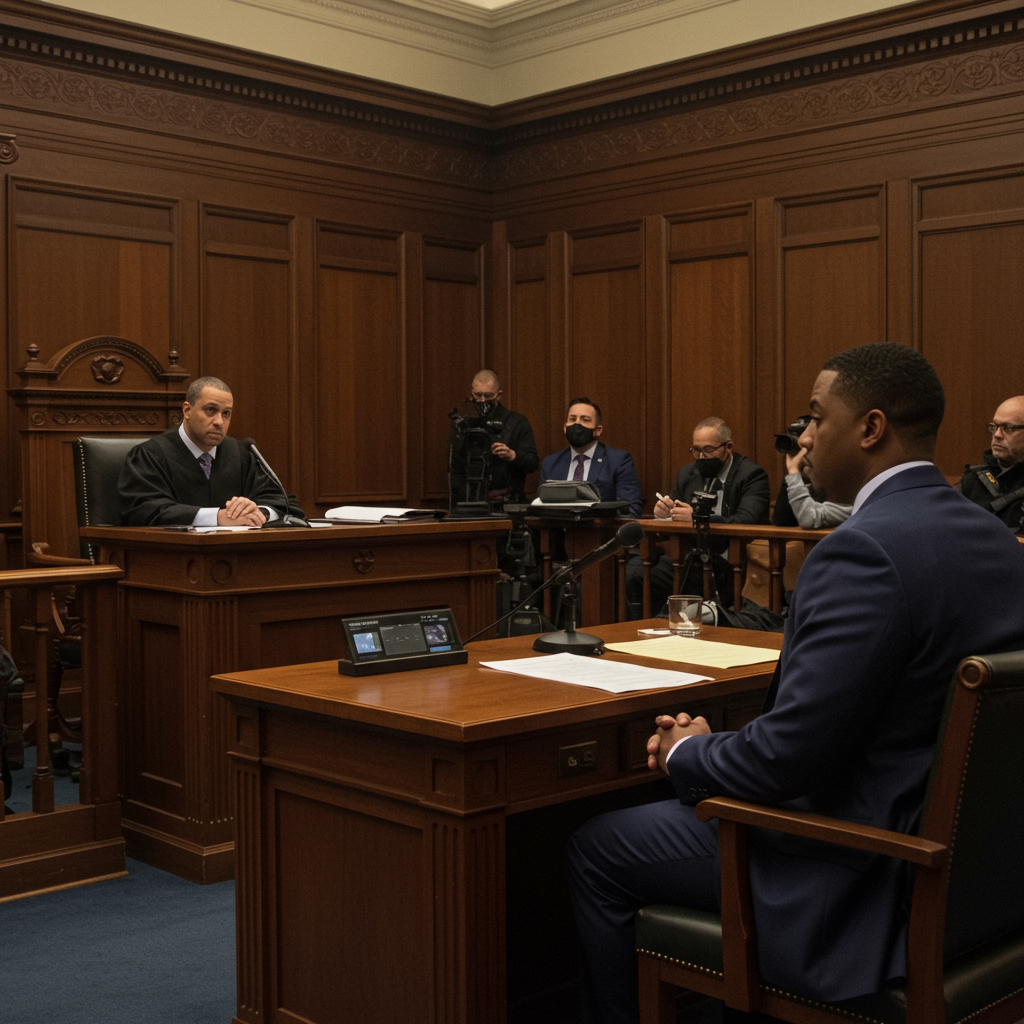A performance by the punk duo Bob Vylan at glastonbury festival on Saturday, June 28, 2025, has ignited significant controversy and drawn strong condemnation from organizers, political figures, and the BBC. During their set, lead singer Bobby Vylan led the audience in several politically charged chants that festival leadership deemed to have “crossed a line,” sparking a wider debate about free expression, hate speech, and the responsibilities of major cultural events and broadcasters. This incident has prompted official investigations and raised questions about content moderation at live-streamed events.
The Incident: What Was Said on Stage?
Bob Vylan performed on the West Holts stage to a large crowd. The core of the ensuing controversy stemmed from specific chants initiated by Bobby Vylan. These included the widely reported “death, death to the IDF” (Israel Defense Forces), as well as “free, free Palestine,” and the highly contentious “from the river to the sea, Palestine must be free.” The chants occurred during their afternoon set and were notably broadcast live on the BBC’s iPlayer service, amplifying the reach and subsequent reaction to the performance.
Glastonbury Festival’s Swift Response
Following the set, Glastonbury Festival organizers issued a robust statement addressing the controversy. Shared on Sunday morning via the festival’s official channels and by organizer Emily Eavis, the statement acknowledged the immense scale of the event. With nearly 4,000 performances scheduled, organizers noted it’s inevitable that artists with views not shared by the festival would appear. They clarified that an artist’s presence should not be seen as a tacit endorsement of their opinions or beliefs.
Setting Boundaries on Stage
However, the statement quickly pivoted to explicit condemnation of Bob vylan’s specific actions. Organizers declared they were “appalled” by the statements made from the West Holts stage. They firmly stated that Bob Vylan’s chants “very much crossed a line.” The festival reiterated its stance that “there is no place at Glastonbury for antisemitism, hate speech or incitement to violence.” This message was reinforced by an “urgent reminder” being issued to everyone involved in the production of the festival, emphasizing the importance of adhering to these principles. The festival maintains it fundamentally stands against all forms of war and terrorism and promotes hope, unity, peace, and love.
Broadcaster Backlash: BBC’s Actions and Justification
The BBC, which live-streamed Bob Vylan’s performance, also faced immediate scrutiny and reacted to the content aired. The broadcaster described the comments made during the set as “deeply offensive.”
Live Stream, Warnings, and Removal
During the live stream on iPlayer, which reflected the events unfolding on stage, the BBC stated that an on-screen warning was displayed. This warning informed viewers about the presence of “very strong and discriminatory language.” Despite this, the decision to air the chants live drew significant criticism. In response to the backlash, the BBC confirmed that it had removed Bob Vylan’s performance from its iPlayer service. The broadcaster added that it had “no plans” to make the footage available on demand, signaling a clear distance from the content. The BBC’s editorial and operational decisions surrounding the live broadcast have since become a subject of intense debate and official inquiry.
Political Fallout and Official Condemnation
The controversy quickly escalated beyond the festival grounds and the broadcaster, drawing sharp criticism from UK politicians across the spectrum.
Government Ministers Weigh In
Several government figures publicly condemned Bob Vylan’s chants. Culture Secretary Lisa Nandy reportedly contacted the BBC Director-General, Tim Davie, to seek an “urgent explanation” regarding the due diligence carried out before the performance was aired. Nandy welcomed the BBC’s decision to remove the footage, condemning the comments as “threatening.” Health Secretary Wes Streeting described the chants as “appalling,” questioning how both the BBC and Glastonbury allowed such a spectacle to be aired and labeling it a “pretty shameless publicity stunt.” Streeting emphasized that “all life is sacred” and criticized treating the conflict like a sporting event, particularly in the context of the October 7 attack. Conservative leader Kemi Badenoch called the scenes “grotesque,” asserting that “Glorifying violence against Jews isn’t edgy” and that allowing such behaviour unchecked was dangerous incitement.
Israeli Embassy’s Strong Statement
The Israeli Embassy in Britain also issued a statement expressing its deep disturbance by the “inflammatory and hateful rhetoric.” The Embassy called on Glastonbury organizers to denounce the chants. They argued that while freedom of expression is important, speech crossing into incitement, hatred, and advocacy of ethnic cleansing must be challenged. Specifically, the Embassy identified chants like “Death to the IDF” and “From the river to the sea” as advocating for the dismantling of Israel and implicitly calling for the elimination of Jewish self-determination, raising concerns about the “normalisation of extremist language and the glorification of violence” when met with applause.
Police Probe Launched
Adding another layer to the fallout, authorities are also involved. Avon and Somerset Police stated on Saturday that they were reviewing comments made during both Bob Vylan’s and Kneecap’s sets at the festival. Police confirmed that video evidence will be assessed by officers to determine whether any offenses may have been committed that would require a criminal investigation. This indicates the potential for legal consequences depending on the outcome of the police review.
Broader Context: Kneecap Controversy and Festival Dynamics
The Bob Vylan incident occurred amidst pre-existing controversy surrounding other artists scheduled to perform. Notably, Irish hip-hop group Kneecap were also on the West Holts stage shortly after Bob Vylan. Kneecap’s inclusion in the line-up had already drawn scrutiny, with politicians, including Keir Starmer, having previously called for them to be removed from the festival due to past political statements. One member, Liam Og O hAnnaidh (Mo Chara), is facing a charge under the Terrorism Act related to allegedly displaying a Hezbollah flag at a previous event.
A Pattern of Political Expression?
During their Glastonbury set, Kneecap also reportedly chanted “fk Starmer” and “Free Palestine.” Interestingly, while Bob Vylan’s set was broadcast live by the BBC, Kneecap’s anticipated performance was not aired by the broadcaster, a decision attributed to their prior controversies. Mo Chara referenced the BBC’s decision during their set. The inclusion of both groups highlights the tension festivals face when booking artists known for provocative political commentary, particularly concerning sensitive international issues.
Balancing Artistic Freedom and Public Concern
The Bob Vylan controversy at Glastonbury underscores the complex challenge major festivals and broadcasters face in balancing artistic freedom and political expression against concerns about hate speech, incitement, and offensive content. The incident has sparked a necessary debate about the boundaries of acceptable discourse on public platforms and the responsibilities of those who provide them. While festivals often aim to be platforms for diverse voices, the strong reaction from various sectors indicates a broad consensus that certain forms of expression, particularly those perceived as advocating violence or hate, are widely seen as unacceptable. The actions taken by Glastonbury organizers, the BBC, and the police reflect the immediate and significant repercussions for crossing that perceived line.
Frequently Asked Questions
What specific chants by Bob Vylan led to the controversy at Glastonbury?
During their performance on the West Holts stage at Glastonbury Festival, Bob Vylan’s lead singer Bobby Vylan led the crowd in several politically charged chants. These included “death, death to the IDF” (Israel Defense Forces), as well as “free, free Palestine,” and “from the river to the sea, Palestine must be free.” These specific chants, particularly the one targeting the IDF, were the primary cause of the widespread controversy and subsequent backlash.
What actions are authorities taking regarding the controversial Glastonbury performances?
Avon and Somerset Police have confirmed they are investigating comments made during both Bob Vylan’s and Kneecap’s sets. Police officers are assessing video evidence from the performances to determine if any offenses may have been committed that would require a criminal investigation. Additionally, the UK government’s Culture Secretary, Lisa Nandy, contacted the BBC Director-General seeking an explanation for broadcasting Bob Vylan’s set and welcomed the BBC’s decision to remove the footage.
How did the BBC react after broadcasting Bob Vylan’s performance live?
The BBC described the comments made during Bob Vylan’s live-streamed set as “deeply offensive.” The broadcaster stated that during the live stream on iPlayer, which showed the events on stage, an on-screen warning about “very strong and discriminatory language” was displayed. Following the live broadcast, the BBC removed the performance from its iPlayer service and confirmed it had “no plans” to make the footage available on demand.
Conclusion: Navigating Controversy at UK’s Biggest Festival
The events surrounding Bob Vylan’s set at Glastonbury Festival in 2025 serve as a stark reminder of the volatile intersection between music, politics, and public platforms. The swift and strong reactions from organizers, broadcasters, politicians, and law enforcement highlight the heightened sensitivity around political expression at major events, particularly concerning international conflicts. As investigations proceed and discussions continue, the incident raises crucial questions about the due diligence required for performers, the role of broadcasters in live events, and the ongoing challenge of defining the boundaries between provocative artistry and unacceptable discourse in a highly charged political climate. The controversy ensures that the 2025 festival will be remembered not just for its music but also for the debates it ignited off-stage.



